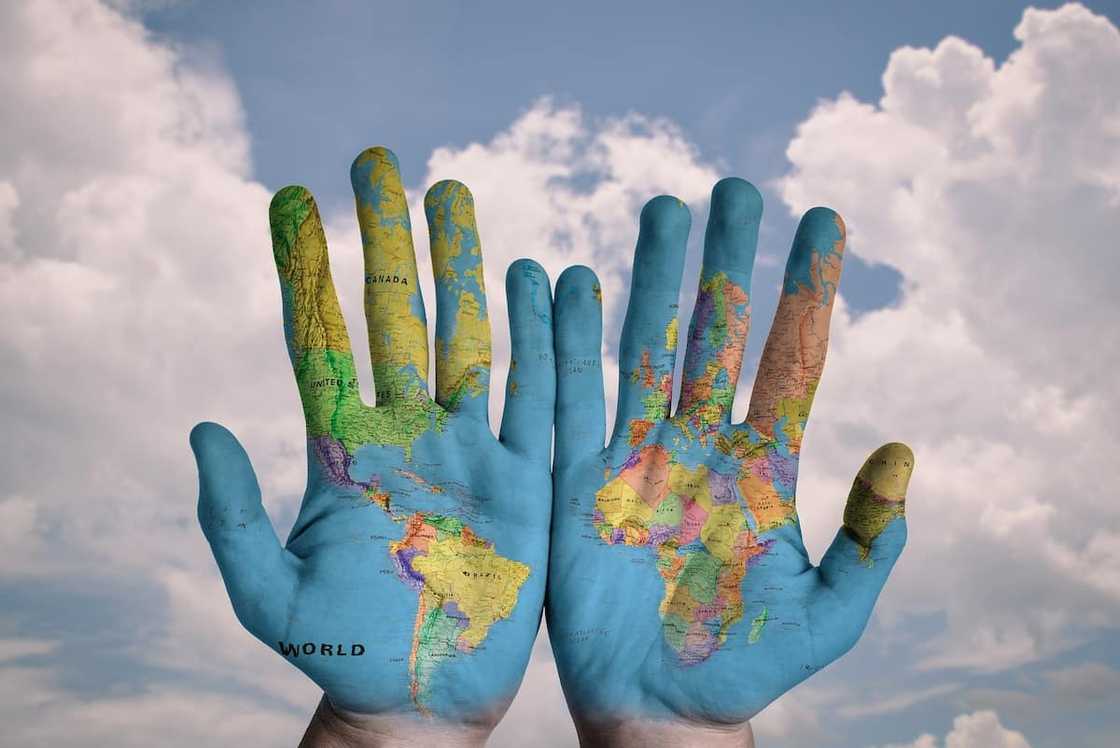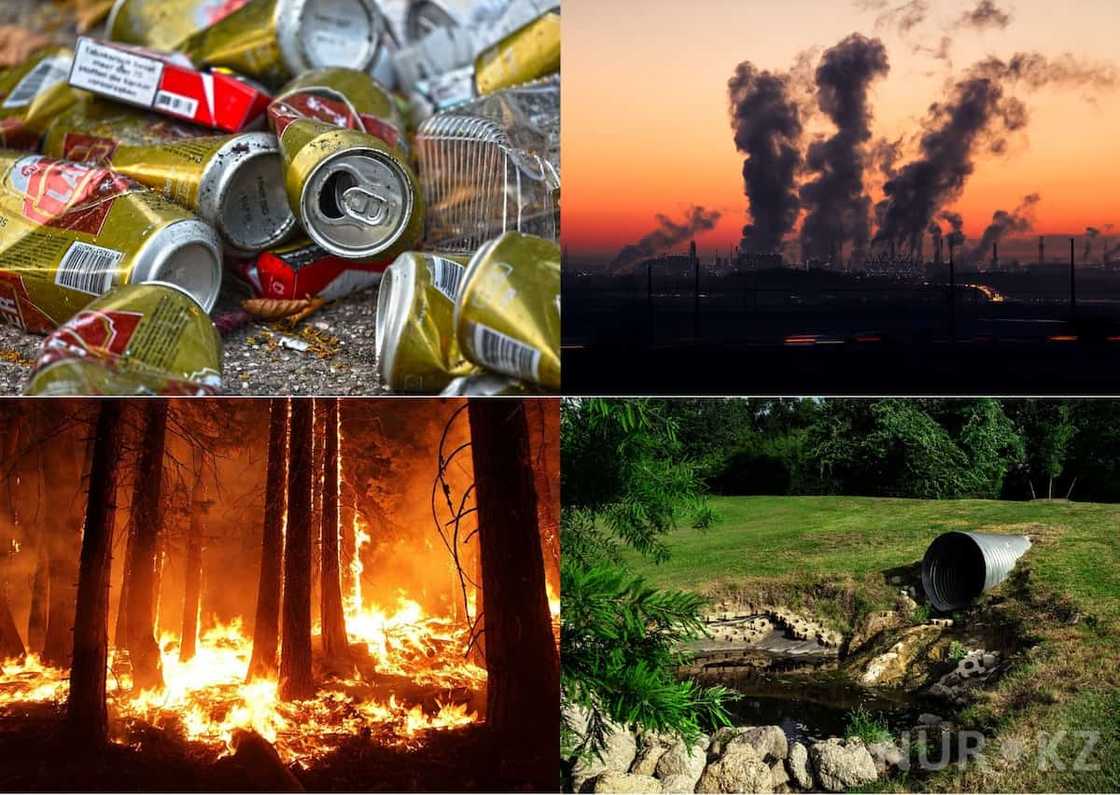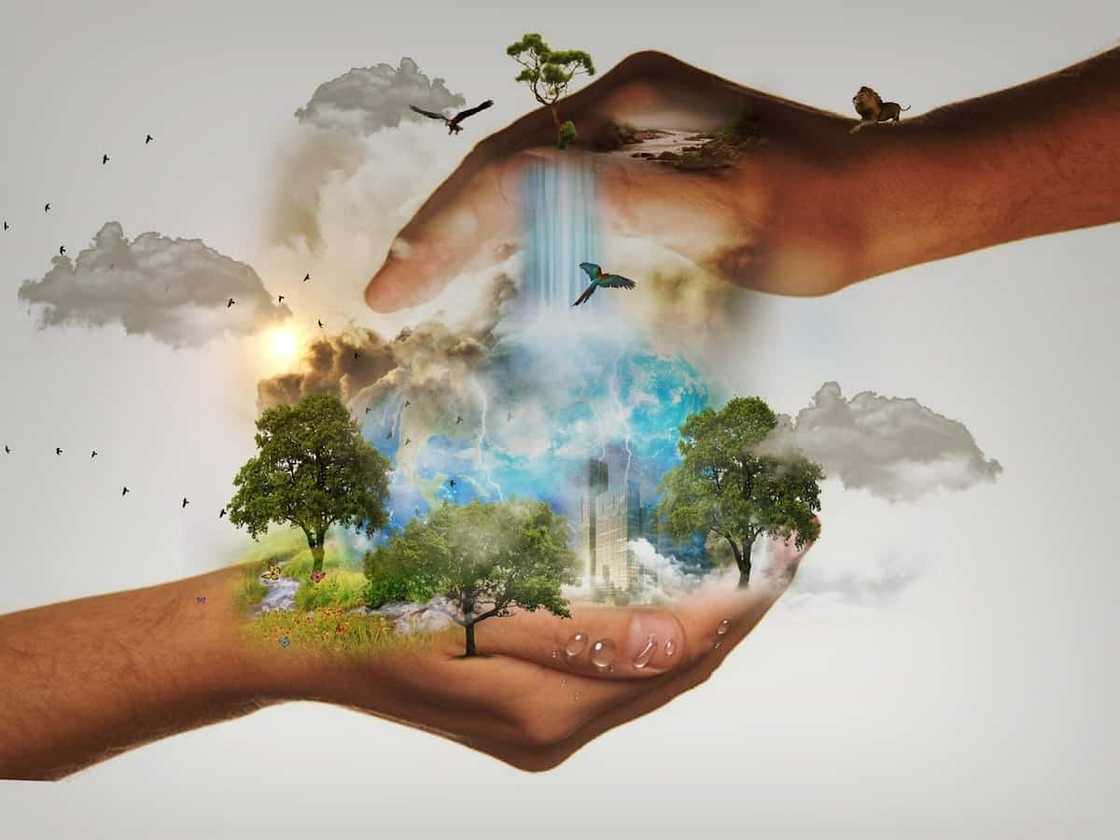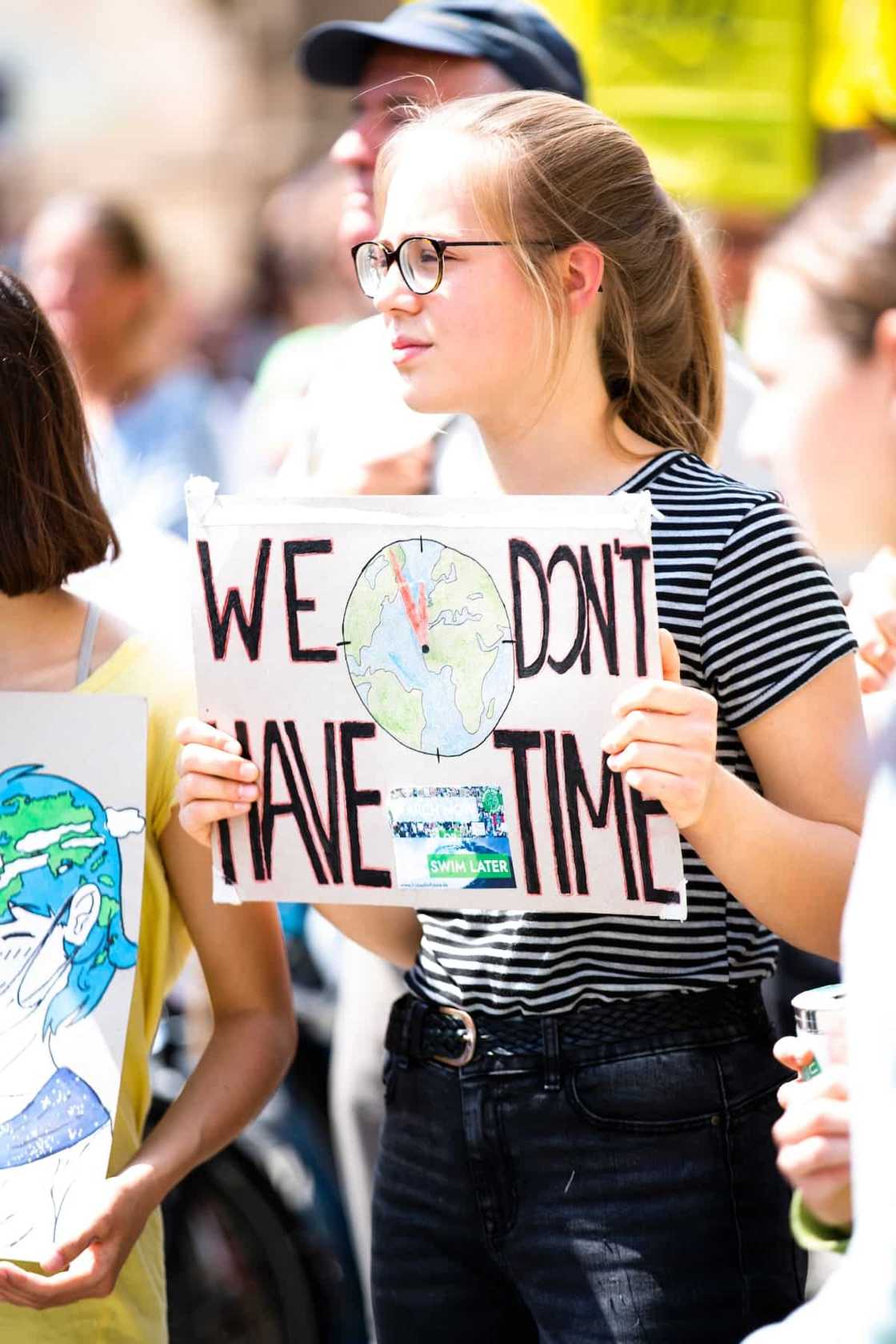Current global issues and ways to address them (2020)
The current global issues are seen from two different angles: human and planetary security. That is why it is increasingly difficult for people to live harmoniously on the Earth without harming it. To assess realistically the criticality and urgency of making operative changes to our lives, we suggest reading this article, which comprehensively describes the problems of today and the possible solutions.

Source: UGC
The major global challenges of modern times
Increasingly, news programs shock people with horrific statistics about violence, accidents, atmospheric emissions, depletion of Earth's resources, and the approaching of a global catastrophe. At the same time when artificial intelligence robots are used in developed countries, some nationalities disappear from the face of the Earth, owing to lack of medical care and clean water.
Humans have destroyed the environment to such an extent that rebalancing will require some difficult decisions that will be massive. One person cannot change the whole world, but imagine if 7 billion people simultaneously want to help each other.
For such cases, there are many organizations that look at global human problems and how you can contribute to their solution.

Source: Original
Consider the main problems:
Food security
The number of hungry people in the world has increased significantly over the past few years. One in nine people in the world is usually hungry and, as a consequence, suffers from nutrient deficiencies. At first glance, the problem may seem to be a lack of processed food, but this view is mistaken. People simply don't have enough money to buy healthy food.
Health issues
Beyond malnutrition, there are many other issues that affect human health globally. In the past, scientists and health organizations focused on infectious diseases, such as hepatitis, cholera, malaria, tuberculosis, and HIV. Increased access to clean water and better sanitation education have reduced the prevalence of communicable diseases worldwide. But that does not mean that efforts to improve sanitation should be abandoned.
The global health community is currently studying non-communicable diseases, such as cancer, diabetes, chronic respiratory and cardiovascular diseases.
Infectious diseases now kill 70% of people, and low-income countries suffer the most. The problem is mostly pronounced in Thailand, South Africa, Mexico, and India.

Source: UGC
Gender inequality
The next problem arose from the historical conditions that had built social barriers to women's economic and personal freedom. Although much has been done to alleviate the problem, it has not been eradicated completely.
In many patriarchal countries, women are disenfranchised from an early age. They are kept out of school, denied the finance for higher education, and it is believed there that women should stay at home. As a result, women continue to earn less than men. Such inequalities waste potential and impede cultural and technological progress. Vulnerable women are increasingly victims of violence and aggression.
Africa's needs
A number of alarming UN statistics point to an urgent need for humanitarian support for Africa. The region has the world's highest child mortality and the number of people living with HIV. It has the highest rates of stunting among children, the highest number of road traffic deaths, and the lowest literacy rates. Africa's fertility rate is rising, but more people are suffering from these problems every day.
Global environmental challenges

Source: UGC
There are three main environmental issues listed by the UN. These include threats to terrestrial and underwater habitats, climate change, and resource depletion. According to the UN statistics, forests are being depleted at a rate of 13 million hectares each year.
Most of the planet is covered with water. The oceans absorb carbon dioxide and produce about 30% of the oxygen. Despite its importance, the ocean is under threat. Overfishing menaces many species.
Global problems of the world that require political solutions
These include the safe use of nuclear technologies, adherence to international law and peace, promotion of decolonization of countries, and ensuring the effective functioning of democracies. The main threat to human life is the human being. The world is constantly reeling from the results of terrorist attacks, wars, tests of new weapons, and migrations. In the pursuit of new lands, politicians and aggressors are destroying thousands of human lives and depleting nature's resources.
Global challenges require global action. When it comes to solving major social problems through innovation, new business models, or global agreements, many experts agree that the solution's success is purely political, not technical.
Current global issues: possible solutions
The UN has produced a report called Millennium Development Goals, which is an important reminder that change is possible when we act. Here are some key points from the report:
- Between 1990 and 2015, more than 1 billion people rose out of extreme poverty. The percentage of poor in developing countries has fallen from 47% to a projected 14%.
- The number of primary school-age children who were not in school has almost halved since 2000, from 100 million in 2000 to 57 million today.
- Since 1990, child mortality has been reduced by more than half. In 1990, 12.7 million children under the age of 5 died. That number has fallen to 6 million this year.
- Maternal mortality has declined by 45% since 1990.
- From 2000 to 2013, the number of new HIV infections dropped by 40%.
- From 2000 to 2015, more than 6.2 million malaria deaths were averted, mostly among children under 5 years of age.
- Since 1990, 2.6 billion people have gained access to an improved source of drinking water.
- The number of hungry people in developing regions has been almost halved, from 23.3% in 1990-1992 to 12.9% in 2016.

Source: UGC
Here are some possible solutions to humanity's pressing problems:
Peace and war
The problem can be solved in the following ways:
- control over the manufacture of weapons;
- prohibiting the use of nuclear weapons and their alternatives;
- close control over the arms trade and smuggling;
- tough sanctions for the aggressor countries.
By adhering to these basic conditions, one can reduce the number of casualties and consequences of warfare by several times.
Environmental disaster
To fix that issue, the following actions are required:
- enhanced protection of endangered organisms;
- optimal use of resources from local to global levels;
- measures to protect the environment from the impact of factories and other enterprises;
- prohibition of animal experimentation;
- creation of new nature reserves.
Demographic problem
This challenge can be tackled by a range of actions:
- aim at gender equality;
- enhance the protection of women from violence;
- ensure free access to general education anywhere in the world.
Depletion of natural resources
In order to fix that problem, we should:
- introduce alternative sources of energy and heat to avoid shortages of fuel and raw materials;
- ensure affordable cost of energy-processing equipment.
Hunger

Source: UGC
It should be addressed in this way:
- expansion of land for cultivation and farming, not for concrete building;
- creation of new lakes and pastures;
- automation of small farm business;
- financing of natural food production enterprises.
Water pollution
The world's oceans are also in urgent need of rescue. This requires:
- clear definitions of zones for fishing and oil extraction;
- replacing port equipment that makes releases into the ocean;
- strict control of the level of water purity and intensive actions for its purification;
- ban the release of nuclear waste and chemical weapons.
It's also important to remember the rules of keeping the planet clean when exploring outer space. One of the main problems is the development gap in many countries. Technologies, automation, education, and medicine is so different that it further reduces the peaceful existence of people. The only solution is to help countries that are lagging behind and to support them internationally.
Current global issues are growing in number by the day. This is for a variety of reasons, for which people are responsible. War, waste disposal, industry, the development of new chemical and nuclear weapons, deforestation and water pollution, and the scale of the destruction being inflicted on the planet by humans are becoming horrifying. To avoid disaster and save resources for descendants, every resident of the Earth must be involved.
Source: KAMI.com.gh








